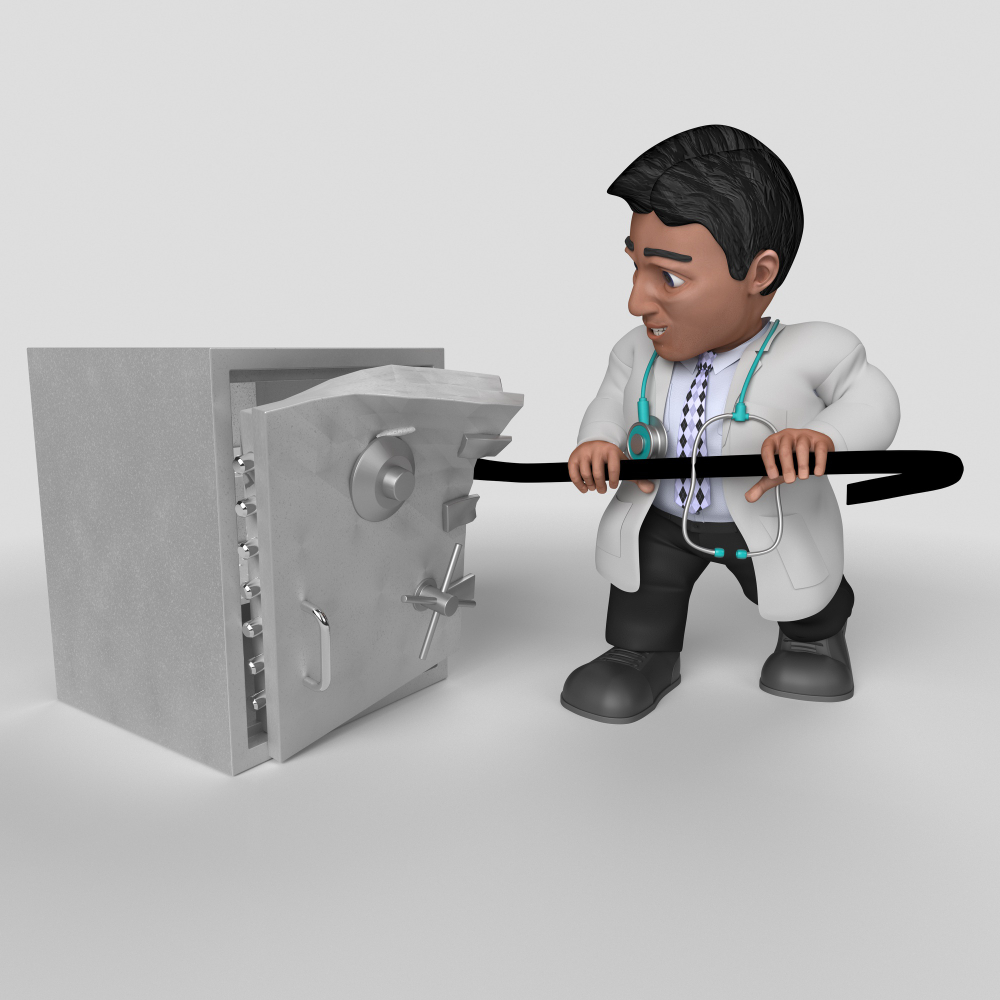Does Mary Nightingale Have Cancer? — Investigating the Facts

When a public figure is as familiar and trusted as Mary Nightingale, small changes in appearance, health, or voice can spark whispers, rumors, or outright speculation. One of the persistent questions that occasionally surfaces online is: Does Mary Nightingale have cancer? In this post, we’ll look into what is publicly known, what is speculative, and how to approach such questions responsibly when it comes to private health matters.
Who Is Mary Nightingale?
Before diving into health speculation, it helps to know who Mary Nightingale is and why she commands attention.
- Mary Nightingale (born 26 May 1963) is an English journalist and television presenter. Wikipedia
- She has been the lead presenter of ITV Evening News since 2001. Wikipedia
- Over her long career, she has built a reputation for composure, credibility, and professionalism.
Given her prominence and the fact that she appears on television nightly, many people scrutinize her appearance, voice, and any perceived changes. That level of visibility naturally leads to rumors and speculation when something seems “off.”
The Origin of the Cancer Rumors
The rumor that Mary Nightingale might have cancer is tied largely to her well-documented vocal difficulties and occasional concerns from viewers when her voice has sounded hoarse or strained.
Some online sources claim she underwent tests specifically to rule out throat cancer or other serious illnesses. For example:
- Several articles mention that doctors conducted extensive examinations, scans, and consultations to exclude conditions such as throat cancer. NetVol+2Mating Press+2
- These sources assert that the tests came back negative and that no cancer diagnosis was found. My Ground biz+3Mating Press+3NetVol+3
- They often conclude that her vocal issues were linked to overuse, strain, and stress rather than a malignant disease. Mating Press+2Ecomagazine+2
However, these sources are not authoritative medical or journalistic outlets, and they rely heavily on rumor consolidation, retrospective narrative, or speculation. Some are blogs or sites that compile “celebrity health rumors.” Their claims should be treated with caution.
What the Reliable (Verified) Sources Say — Or Don’t Say
In contrast to the rumor-driven sites, what do reliable sources and publicly verifiable records report about any cancer diagnosis?
- Official statements or interviews
I found no credible statement from Mary Nightingale or her representatives confirming a cancer diagnosis. No reputable news outlets have published an interview in which she admits she has or had cancer. - Media coverage from mainstream outlets
Major British media institutions (e.g. BBC, ITV, mainstream press) do not appear to carry credible reports of Mary Nightingale having cancer. Her biography pages and media profiles focus on her career, not any serious health diagnosis. Wikipedia - Consistent public appearances
Mary Nightingale continues to anchor the ITV Evening News without any known prolonged absences due to illness, which suggests she maintains her professional duties. If she were undergoing cancer treatment, one might expect some public coverage of a long absence or a statement.
Given that, there is no confirmed evidence from reliable, independent sources that Mary Nightingale has or ever had cancer.
What Likely Happened: Vocal Issues, Strain, and Stress
The more plausible narrative—based on the echo of multiple sources—is that Mary Nightingale experienced vocal strain, hoarseness, or other voice-related difficulties. Many professional communicators—news anchors, actors, singers, teachers—face similar challenges. Here is what is commonly alleged:
- Her voice sometimes cracked, weakened, or faltered during on-air broadcasts in the early 2000s. Ecomagazine+2Newsbro+2
- These difficulties prompted medical consultation and diagnostic tests to rule out serious pathologies. NetVol+2Mating Press+2
- Clinical results reportedly found no evidence of cancer or other serious disease. Mating Press+2NetVol+2
- Instead, the working hypothesis in these accounts is that her voice troubles were linked to stress, overuse (from speaking frequently under pressure), and perhaps vocal fatigue. Mating Press+2Ecomagazine+2
- To recover, she likely adopted vocal therapy, better vocal rest, hydration, avoidance of irritants (like excessive caffeine or dry air), and stress management.
In short: she may have had a serious scare or concern at some point, but no public record backs a cancer diagnosis. The more accepted explanation is non-malignant vocal strain or related issues.
Why Do Such Rumors Persist?
Rumors about health—and especially serious conditions like cancer—spread easily around public figures. Here are some of the factors fueling the “Does Mary Nightingale have cancer?” question:
- Television is visual
Even slight changes in voice, facial appearance, weight, or mannerisms can lead people to suspect illness. - Audience affection and concern
Her audience sees her nightly; any small discrepancy feels personal. Fans may worry and look for explanations. - Media amplification and clickbait
Websites and blogs often sensationalize minimal facts. Titles like “did she really have cancer?” generate clicks, even when the content is speculative. - The opacity of medical privacy
Health is inherently private. A subject’s decision not to disclose certain details leaves space for speculation. - Confirmation bias
Once a rumor is in people’s minds, new innocuous signs (a hoarse voice, a less energetic appearance) are seized as confirmation, regardless of alternate explanations.
Because of these forces, unverified health rumors can linger long after their origin is forgotten.
The Ethical Dimension: Privacy, Responsibility & Respect
When dealing with rumors about someone’s health, especially serious ones like cancer, there is an ethical duty to tread carefully. Here are some guiding principles:
- Presume privacy: Unless someone confirms a health condition, we should treat it as private rather than public domain.
- Avoid spreading unverified claims: Sharing rumors as “fact” can harm reputations and cause unnecessary worry.
- Check sources: Give more weight to medical statements, reputable journalism, or direct statements from the person involved.
- Maintain empathy: Someone in the public eye still deserves dignity and respect when it comes to their health.
- Encourage transparency on their terms: If the person chooses to share details, that is their prerogative—not ours.
The Bottom Line: Does Mary Nightingale Have Cancer?
Based on the available evidence:
- There is no confirmed or reliable proof that Mary Nightingale has ever had cancer.
- The more credible, though still partly speculative, narrative is that she encountered voice or throat issues, likely related to strain or stress, but that medical evaluation ruled out serious disease.
- Any claims to the contrary rest primarily on rumor, gossip sites, or speculative blog content—not on hard evidence or credible medical disclosure.
So in answer to the question: No, there is no credible evidence that Mary Nightingale has cancer.
A Few Broader Takeaways
Beyond this particular case, a few lessons emerge:
- Health rumors about public figures are often exaggerated
The more visible the person, the more scrutiny they draw—and the more space for misinterpretation. - Vocal strain is a serious but underappreciated risk for communicators
News anchors, actors, teachers, and others who use their voice intensively may face real physical effects—without any underlying illness. - We should favor humility over certainty when discussing others’ health
Unless a condition is confirmed, speculation should be framed carefully: “reportedly,” “alleged,” “rumors,” etc. - Public concern should translate into support, not gossip
If you respect someone’s work, you can express concerns or support without spreading unverified claims. - Self-care matters for professionals dependent on their voice or presence
Adequate rest, vocal hygiene, stress management, and medical checkups are not optional for those in demanding speaking professions.



















